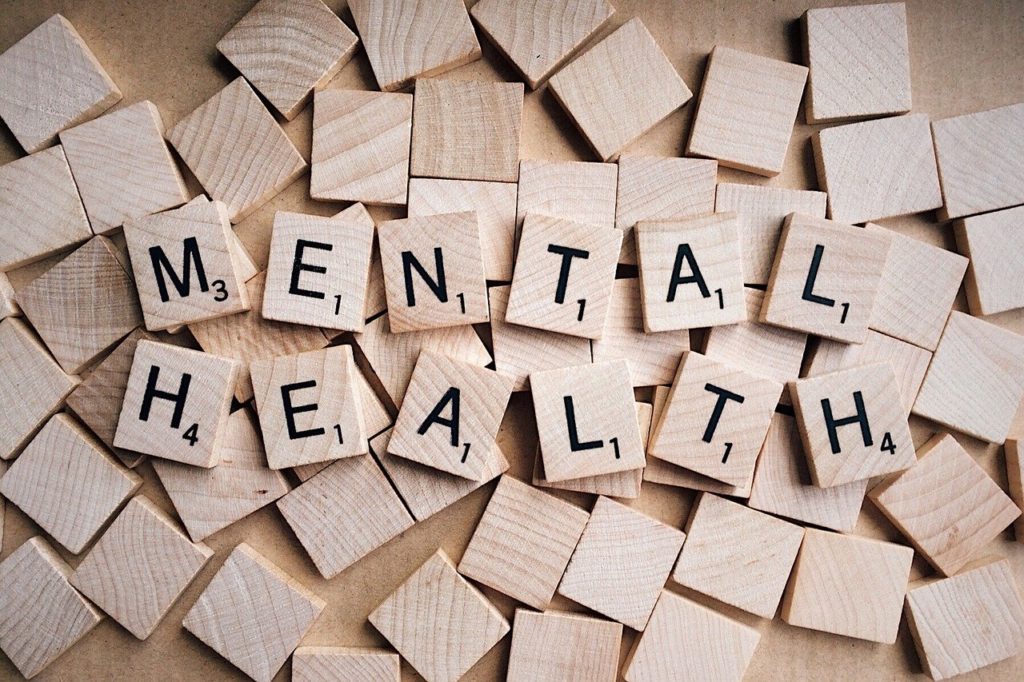How to drive the International risk management in 2023 ? International experts list several high impact risks for companies and organisations:
- Geopolitics (including the war in Ukraine)
- The permanent crisis linked to geopolitical changes
- Socio-economic challenges with inflation
- Climate change
The perception of risks for employees (local, expatriate, travelers or one-offs) remains as high in 2023, as it was in 2022. It focuses on health (in particular mental health), infectious diseases (identified already in 2019) and climate change. To face these risks, employees are expecting more support from their employer. To protect them new tools and procedures must be put in place.
What are the measures to be taken by companies and organisations for the international risk management ?
On the subject of Safety
Information
Effective access to information helps to reduce the risks. Access to timely, reliable, non-political information helps greatly decision-makers to understand: what is changing, how it might change over time, when it has changed and when is the best moment to make a decision.
Decision making can be influenced by misinformation from operations, safety officer etc. Therefore, investing in technological resources to analyse sources and protect decision makers from misinformation and desinformation is a necessity.
During the Covid-19 pandemic, access to the right information (vaccines, tests, isolation, wearing of masks) was sometimes difficult due to false information and desinformation campaigns by certain groups that undermined the scientists.
This has taught us that political, international and local information should be integrated with reliable information from recognised experts.
Infodemic and misinformation in the fight against the COVID-19 pandemic was extremely high. Some of the information was false and even potentially dangerous. To avoid this happening in the future, WHO created a website where you can report misinformation online. Here is the link to this website: https://www.who.int/fr/campaigns/connecting-the-world-to-combat-coronavirus/how-to-report-misinformation-online.
As feedback from the field is really important, good information must still be validated locally by your teams or by a service provider. Interpretation by experts is a second and complimentary level that will make the information more reliable and allow you to make decisions quickly.
Geopolitics
Brexit, terrorism, pandemics, climate change, war… The world seems to be moving from one major event to another without interruption. We are living in the “permacrisis” (as it is called) or the era of endless crisis.
Faced with this context, companies and organisations must adapt and develop their international risk management policies.
Firstly, companies and organisations must understand their organisational risk and vulnerability objectively. Secondly, they need to equip themselves with early warning systems to anticipate emerging risks from global to local level, based on reliable analysis. Finally, invest in support structures to proactively identify and manage complex risks.
The other recommendation is to put in place a crisis management structure ready to be used in the case of a serious event : A structure, where the key players responsible for decisions making during a crisis are identified and prepared beforehand.
A communication strategy (internal/external) will also be developed to define how to inform its environment when the time comes.
For complex risks, probably it will be necessary to contact experts, identified in advance.
An example of a crisis linked to a kidnapping is a good illustration of the preparation: identify the people who are ready to quickly set up a response team, call experts identified beforehand, communicate according to already prepared plan.
Read more: in case of Kidnapping
Finally, adaptation involves regularly informing employees about the measures your organisation is taking to mitigate risks and ensure their safety. The organisation must provide regular and continuous information to build a “culture of protection”, with appropriate financial resources.
In 2023, several factors may reduce the desire to travel and disrupt business missions:
- Geopolitical threats
- Travel restrictions in certain countries
- Resumption of the Covid-19
- Security risks (demonstrations, terrorism, violence, …)
- Natural disasters
Companies must therefore reassure its employees and prepare tangible and appropriate support for each mission. Employees are now asking for more information and assistance before they leave. They have a “preparation reflex” which hardly existed in the early 2000s.
Employees are worried about security, geopolitical and other threats. But the reality on the ground (requests for assistance by employees) is different: road accidents, cardiovascular accidents, infectious diseases (Covid-19 but not only) remain the majority of cases of assistance/repatriation. The “reality” of international missions is finally quite stable!
Duty of Care, always !
Companies and organisations must ensure that their travellers, prior to departure on a mission, are fully informed about the health and safety risks associated with travelling and their destination (travel preparedness procedure).
Digital tools allow dynamic monitoring of a trip, its recording, the identification of an “exposure” and the necessary intervention in the event of an emergency. These tools are becoming more democratic and budgets are falling down.
Employees want an employer who is committed to a real security policy in prevention mode and not only in reaction mode.
On the subject of Health
Climate change and its impact on health.
The risks of natural disasters are becoming integrated into health policies, including access to emergency care during a disaster. Recent events (heat dome in Canada, air pollution, cold weather in the USA in December 2022) have had impacts on local teams and expatriates. Climate change can also have important consequences on health without spectacular images on TV : chronic diseases, lung infections, …
Moreover, there is a link between climate change and the transmission of infectious diseases (in case of drought or flooding): pathogens become closer to people (mosquitoes, rodents,…) and more than half of the known infectious diseases can be aggravated by climate change
Companies and organisations need to prepare measures to mitigate health risks : A clear policy and means to listen to weak signals, anticipate them and prepare for business continuity.
This “all-hazards” approach should include known and potential threats with scenarios of probable to unlikely cases. Travel preparation procedures, including health checks and training for travelers, must be updated.
Mental Health
Mental health is becoming a major issue. Numerous studies, including those conducted by WHO, confirm a loss of productivity as a result of mental illness and a global impact on the economy as well.

A healthy work environment, where well-being and quality of life are balanced, must be created in order to take care and preserve mental health. The company needs to put in place workspace arrangements, good working conditions (working hours, teleworking, freedom of paid leave) and means to increase the sense of belonging
Employee concerns are changing. They want to feel equal support in their mental health and physical health. This requires a new organisation but it is necessary: recognition and workload of employees, support from managers by integrating mental health as a source of well-being.
There are costs for prevention but the “investment” is profitable! According to WHO, 1$ spent is equal to 4$ ROI.
As part of a CSR approach, for quality of life at work and for benevolent management, all of the above is achievable with a real desire from the employer.
Another approach is to strengthen the role of middle managers as actors and promoters of the good behaviour. They must be the guarantors of a prevention policy applied to all.
To be read : Medical repatriation insurance – Ambrelia
International risk management means refocusing on individuals: managing new risks that generate anxiety and stress, and finding new ways of working.
Employees expect a commitment from their employer in order to face real and diffuse risks. The notion of prevention is still important (duty of care). Companies must ensure that prevention systems are in place to anticipate potential risks. They must invest in information, identification and crisis management tools.
Ambrelia, Expert in international Medical and Evacuation insurance




